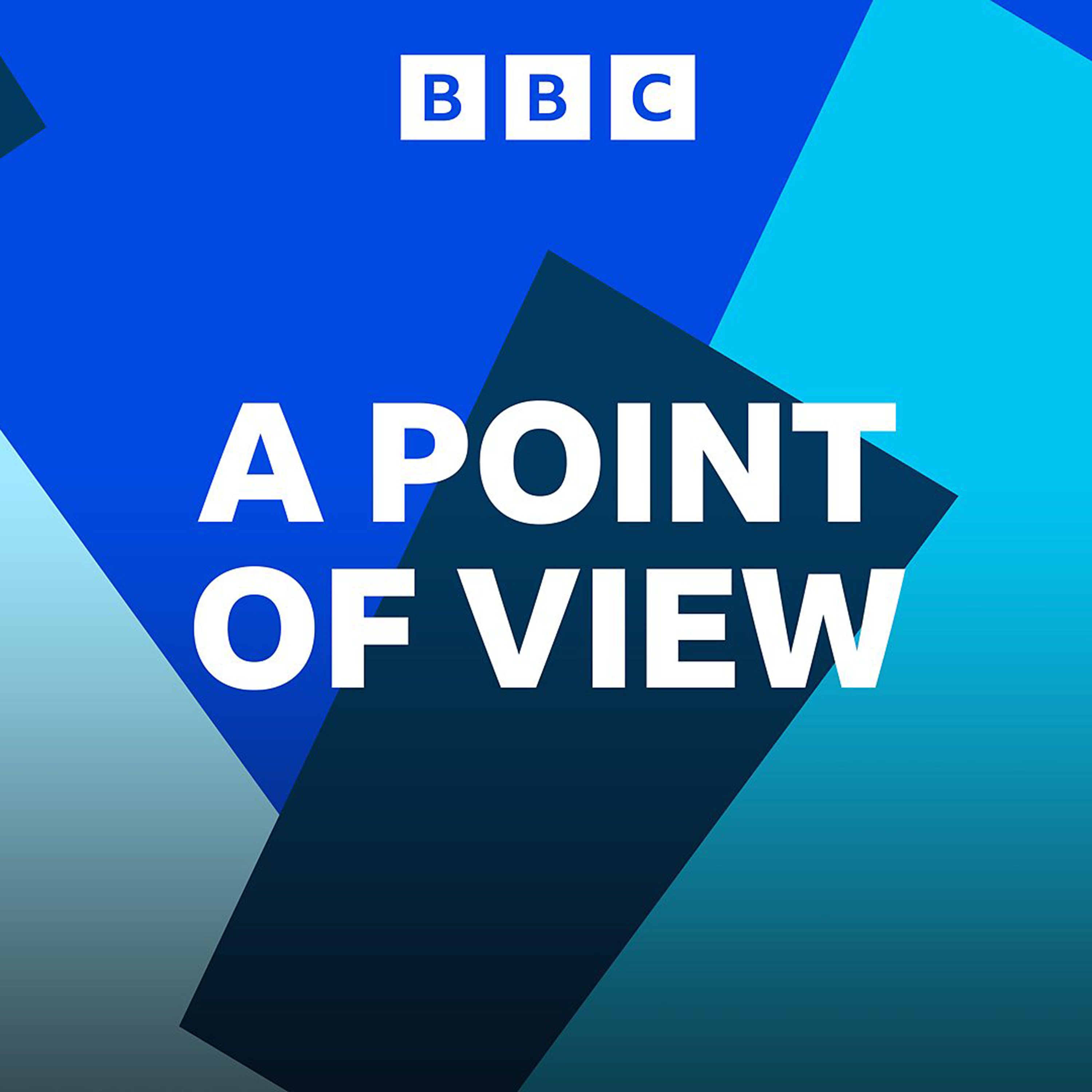

A Point of View
BBC Radio 4
A weekly reflection on a topical issue.
Episodes
Mentioned books

Jun 21, 2013 • 10min
A Midsummer Daydream
In Britain many of our holidays and festivals are rather dull - bank holidays for example. Tom Shakespeare, presenting the third of his four essays, says that when he looks at other cultures he feels a strong sense of festival envy. He wants Britain to have better festivals. To start with, shouldn't we celebrate Midsummer?

Jun 14, 2013 • 10min
Fly, Fish, Mouse and Worm
"When I was a child, one of my favourite books was Bear, Mouse and Water Beetle," says Tom Shakespeare. "Today, I want to tell you a contemporary story, which you could call Fly, Fish, Mouse and Worm."These 'model animals' help scientists to understand the basic processes common to all living creatures. But while model animals epitomize the success of the scientific strategy of reductionism, they may also illustrate the downside.

Jun 7, 2013 • 10min
Can Compassion Be Taught?
Tom Shakespeare presents the first of his four essays. There have been several recent scandals in the health service, with appalling cases of abuse and neglect coming to light. Not surprisingly, this has led to calls for people in the medical profession to be taught compassion. But Tom is sceptical. This week he asks whether compassion can and should be taught.

May 31, 2013 • 10min
Gatsby: The Perfect Fake
John Gray finds new resonance for our own age in the story of "the Great Gatsby". "Just as in the Roaring Twenties, we've lived through a boom that was mostly based on make-believe - easy money, inflated assets and financial skulduggery." "We want nothing more than to revive the fake prosperity that preceded the crash. Just like Gatsby, we want to return to a world that was conjured into being from dreams."Producer: Sheila Cook.

May 24, 2013 • 10min
The Doors of Perception
John Gray argues for another way of perceiving the world inspired by the fantasy fiction writer Arthur Machen. Instead of believing that meaning in life can only be found by changing things around us, "Some of the most valuable human experiences, Machen observed, come about when we simply look around us without any intention of acting on what we see. He thought of the world as a kind of text in invisible writing, a cipher pointing to another order of things"
Producer: Sheila Cook.

May 17, 2013 • 10min
The Meaning of Evil
John Gray turns to the writer Patricia Highsmith and her character Tom Ripley for a perspective on the meaning of evil. "For me she's ....one of the great twentieth century writers with a deep insight into the fragility of morality."
Producer: Sheila Cook.

May 10, 2013 • 10min
The Myth of Modernity
John Gray draws on the novels of Mervyn Peake to argue it's a mistake to imagine that modernity marks a fundamental change in human experience. "The modern world is founded on the belief that it's possible for human beings to shape a future that's better than anything in the past. If the Gormenghast novels have any continuing theme, it's that this modern belief is an illusion."
Producer: Sheila Cook.

May 3, 2013 • 10min
The Limits of Materialism
John Gray draws on a story by Walter de la Mare to argue that the prevailing creed of scientific materialism is a "simple minded philosophy", preferring de la Mare's unsettling portrayal of everyday existence as insubstantial and unknowable. "Even if there are such things as laws of nature, there's no reason to think they must be accessible to the human mind."
Producer: Sheila Cook.

Apr 26, 2013 • 10min
John Gray: Bitcoin's Cyber Freedom
John Gray wonders what the rise of the cyber currency Bitcoin tells us about our human need for freedom and protection, "The dream of finding some kind of talisman, a benevolent tyrant or a magical new technology, that can shelter us from power and crime and protect us from each other." Producer: Sheila Cook.

Apr 19, 2013 • 10min
Adam Gopnik: On Children Leaving Home
Adam Gopnik's son is about to leave home. His suitcase is already packed. It's not a day Adam is looking forward to. Why is love between parents and their children so asymmetric, he wonders? Why do parents love their children infinitely - while children feel about their parents, at best, a mix of affection, pity, tolerance and forgiveness?


